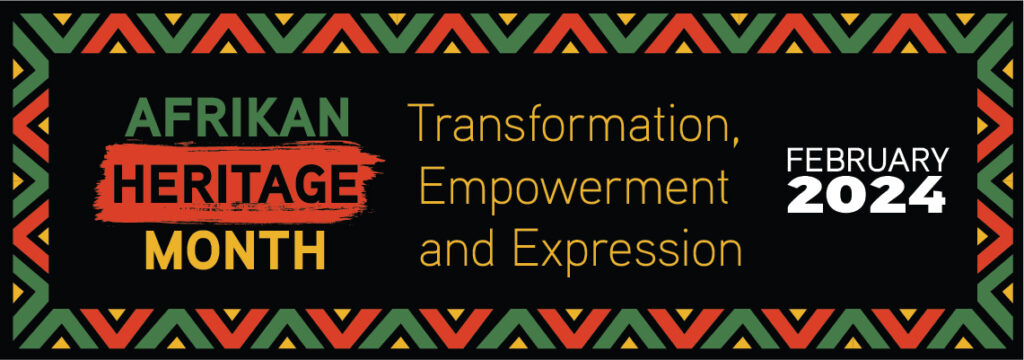

Join us via Zoom: https://bmcc-cuny.zoom.us/j/87417521165?pwd=bHZOeExxcTJ4TWZIZzV3eitxU2NmQT09
Meeting ID: 874 1752 1165
Passcode: 375554
The following three films will be shown today:
KUKURANTUMI: ROAD TO ACCRA, 1983 Director: King Ampaw Ghana 1hr.:17Mins
In this revealing African comedy-drama that contrasts the hectic life in Accra, the capital of Ghana, with the relative peace of Kukurantumi, a rural town, a truck driver makes runs between the two locations with few problems until he is forced to replace his truck. In order to raise the money to get a new vehicle, he sells some stolen watches and promises his daughter in marriage to a rich merchant. Rebelling against this fate, the daughter runs off to Accra with her boyfriend — but then nothing turns out quite like she had planned, and the rich merchant looks better with each passing day.
CEDDO, 1977 Director: Ousmane Sembene Senegal, 2hrs.
In protest of forced conversion to Islam, the Ceddo (outsiders) kidnap King Demba War’s daughter Princess Dior Yacine and hold her hostage.
Set in the seventeenth century, at the onset of enslavement trade, Ceddo unravels the complex religious and social forces at work in a Senegalese village. According to Sembene, “Ceddo was the name given to the last holders of African spiritualism before it became tinged with Islam or Christianity.” When the villagers (“Ceddo”) are introduced, their traditional religion is being threatened not only by the presence of the white trader and the missionary, but also by the influence gained by the Islamic leader (Imam) on the king. Princess Dior Yacine is kidnapped to force the king to take action against the Imam. The ending has the unexpected beauty of a Greek tragedy, with the Princess proudly reassuring her rights as a woman and as an African.
QUILOMBO 1984 Director: Carlos Diegues Brazil, 1hr: 54Mins
Palmares was a 17th-century quilombo, a settlement of escaped slaves in the mountains of northeast Brazil. The story follows a group of plantation slaves, among them Abiola (Tony Tornado), who revolt in 1650 during the Dutch-Portuguese War (1601-1661) and escape to the mountains and the city of Palmares, where they join other former slaves who have already been living there peacefully and autonomously. On arrival, Abiola suggests that Palmares trade with a friendly squatter. The leader of Palmares, Acotirene (Alaide Santos), disagrees, but realizes that she is getting old and times are changing. After consulting a divination tray, she anoints Abiola the new leader and renames him Ganga Zumba and places him under the protection of Xango, who manifests himself though Ganga Zumba in trance. Ganga Zumba goes on to become a legendary king (see Diegues’ film “Ganga” about the life of this character in particular). Ganga Zumba and his people keep Palmares safe for years.
The film introduces other important characters, among them Zumbi (Antonio Pompeu), who was born free in Palmares but was captured as a child and lived as a slave for fifteen years, and Ana de Ferro (Vera Fischer), a white woman who chooses to live in Palmares because she had been branded a Dutch collaborator as she had been a prostitute in Dutch-controlled Recife. Zumbi becomes chief warrior of Palmares and leads successful raids but refuses to take Recife, since to hold it would require enslaving the white population. Ana rises to become an advisor to Ganga Zumba. When the Dutch-Portuguese War ends, Ganga Zumba is persuaded by the Portuguese to leave the mountains to live on a reservation in the Cocaú Valley in exchange for peace. Many of the villages and towns of Palmares disagree with this change and choose to remain in the mountains. In the Cocaú Valley, Ganga Zumba is poisoned and killed.
The warrior Zumbi emerges as the leader of a new generation at Palmares. Zumbi, unlike Ganga Zumba, demands freedom and independence and refuses to compromise with the Portuguese. Intermittent warfare exists until 1694, when the Portuguese send a decisive force under Domingos Jorge Velho (Maurício do Valle) against Palmares. The quilombo is once again attacked and this time taken by the Portuguese, with most of its inhabitants brutally murdered or enslaved (though the film manages to represent these events without victimizing the people). Although, the movie ends on a low point depicting the death of Zumbi and the destruction of the principal settlement of Palmares, a title card at the end explains that the people of Palmares continued to resist the Portuguese until at least 1797. The film insists that Palmares must continue to live on through memory and by keeping alive the traditions of its people.
See the complete list of films (pdf) in this series.
See a list of all Afrikan Heritage Month events. Attend 2 or more events for Co-Curricular Transcript credit.
For more information, contact Professor Horace Brockington at hbrockington@bmcc.cuny.edu.